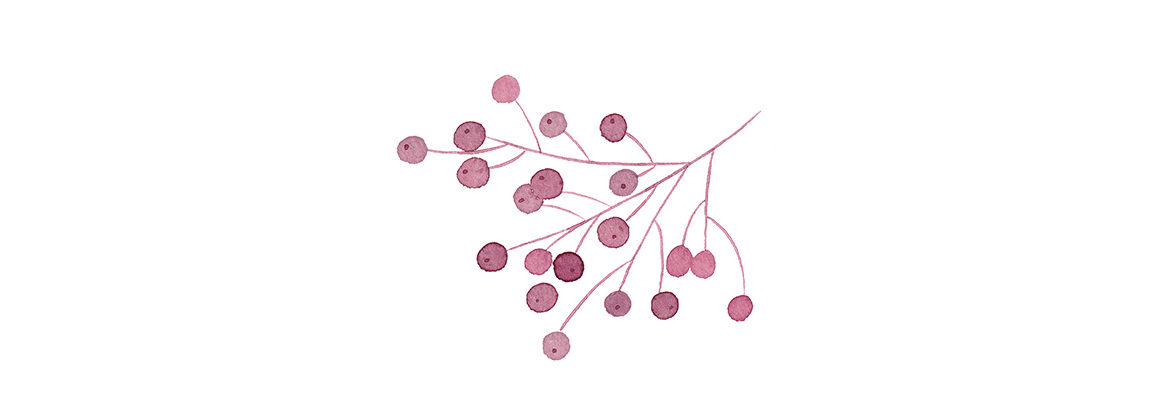narration of book 1, chapter 7
The mind may be considered the spiritual counterpart of the brain. Spiritual and physical, both organisms are necessary for the pursuit of knowledge. The physical brain is sustained by physical nourishment, a healthy diet of food and exercise leads to a healthy brain. The spiritual mind, likewise, is sustained by spiritual nourishment as encountered in ideas. The mind is a living, active organism. It is not ruled by ideas, but strengthened and nourished by them. Given a healthy feast, the mind does for itself the sorting, organizing, absorbing of the ideas presented to it. In an educational setting, it is evident that those who work the most almost always learn the most. It is the working that enables and enhances the learning. This is an important idea for teachers of any subject to grasp. While teachers often find an inherent appeal in dynamically planned lessons which present pre-formulated ideas to students in a perfectly ordered, perfectly structured environment, this puts the bulk of the work responsibility on the teacher rather than on the students. If the students are to learn, they must do the work of learning themselves. The teachers role is not to teach their students what to think, but how to think. Their responsibility is to set forth a wide feast of ideas as found in great literary materials. The minds of the students must then be allowed to take what they will from the ideas presented. The teacher is a guide along the way to knowledge, not the source of knowledge. Education as a whole ought to have more emphasis placed on knowledge and character development rather than on efficiency and skillsets. It is not the goal of education to turn out skilled workers, but people who crave knowledge. Once a thirst for knowledge, a love of ideas, and a well-fed mind have been established, almost any skill or trade may be easily acquired. It ought not to be the goal of educators to turn out students who can do neat, tidy work and pass their exams. It ought to be the goal of educators to encourage students who can think and delight in doing so. As Charlotte Mason explains, “we have set up a little tin god of efficiency in that niche within our private pantheon which should be occupied by personality.” Personality, character, high moral values, delight in what is good—these are the key things, the things which must be sought after and developed through education.
quotes
“That children like feeble and tedious oral lessons, feeble and tedious story books, does not at all prove that these are wholesome food; they like lollipops and but cannot live upon them; yet there is a serious attempt in certain schools to supply the intellectual, moral, and religious needs of children by appropriate ‘sweetmeats.’” “There is too much learning and too little work.” [on the part of students] “We have set up a little tin god of efficiency in that niche within our private pantheon which should be occupied by personality.” “it is the function of all good teachers to bring those ideas before them.” “Before we teach them [the children] to be critical of what is bad, let us teach them to recognize and admire what is good.”

